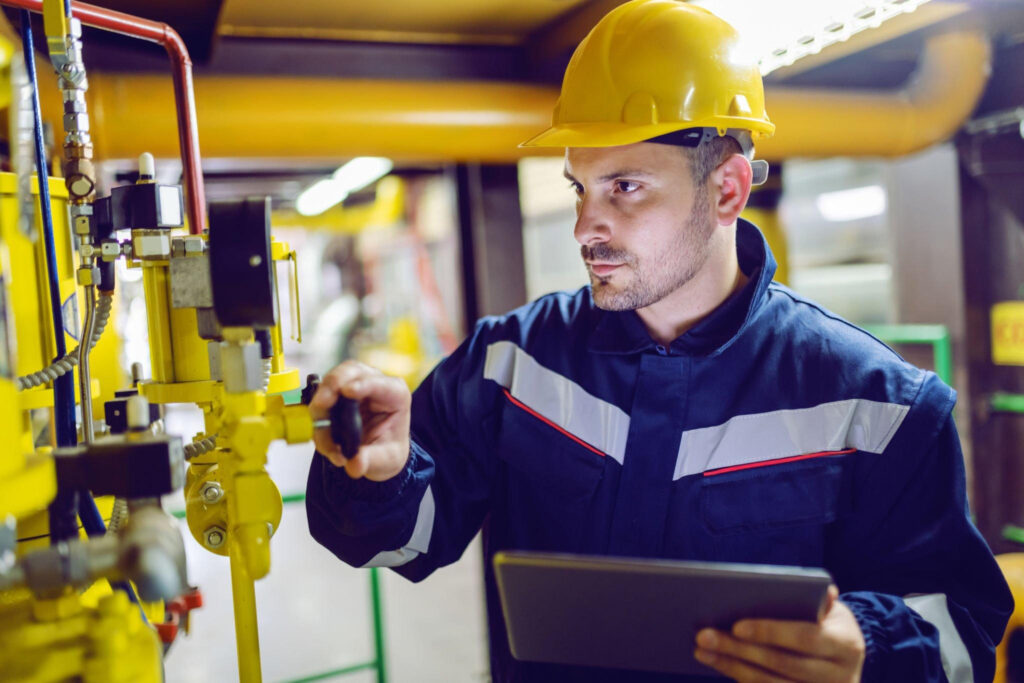In the intricate world of modern construction, there are three indispensable elements that form the backbone of every building – Mechanical, Electrical, and Plumbing (MEP) systems. These systems, often overlooked but crucial, are the unsung heroes that ensure our homes and workplaces function seamlessly. In this article, we delve into the vital role of MEP systems in optimizing efficiency within structures.
Mechanical Marvels
Enhancing Climate Comfort
The Mechanical aspect of MEP encompasses the heating, ventilation, and air conditioning (HVAC) systems. These systems are responsible for regulating indoor climate, ensuring that occupants experience comfort regardless of the weather outside.
HVAC systems not only maintain a pleasant temperature but also play a pivotal role in indoor air quality. They filter and circulate air, removing pollutants and allergens, creating a healthier environment for everyone inside.
Energy Efficiency
In an era where sustainability is paramount, mechanical systems are at the forefront of energy conservation. High-efficiency HVAC systems, coupled with smart controls, help minimize energy consumption, reducing both environmental impact and operational costs. These systems are designed to optimize energy usage, making them an integral part of green building practices.
Electrical Excellence
Powering Possibilities
The Electrical facet of MEP is all about ensuring a reliable and safe supply of electricity. In today’s digital age, electricity is the lifeblood of any structure, powering lights, appliances, and countless electronic devices.
To meet the ever-growing demand for electricity, electrical engineers design systems that are not only robust but also adaptable. Smart grids, renewable energy integration, and backup power solutions ensure a continuous power supply, even in the face of unforeseen outages.
Cutting-Edge Technology
The modern world relies heavily on technology, and electrical systems have evolved to accommodate this dependency. From advanced lighting controls to intelligent building management systems, electrical engineers leverage innovation to enhance efficiency and convenience.
Plumbing Precision
Water Management
Plumbing, often taken for granted, is a critical component of any building. It ensures the efficient distribution of clean water for consumption and the proper disposal of wastewater. This meticulous process involves a complex network of pipes, fixtures, and drainage systems.
Incorporating water-saving fixtures and advanced plumbing designs can significantly reduce water wastage, contributing to sustainability efforts. Additionally, plumbing systems are designed to prevent leaks and minimize water damage, safeguarding the structural integrity of a building.
Conclusion
In the realm of construction, the importance of Mechanical, Electrical, and Plumbing systems cannot be overstated. These systems work harmoniously to create environments that are not only comfortable and functional but also sustainable and energy-efficient.
As we continue to advance in technology and environmental awareness, the role of MEP systems will only become more significant. They are the unsung heroes that ensure our buildings operate seamlessly, allowing us to focus on the tasks at hand.
So, the next time you step into a well-lit, temperature-controlled room with clean water at your disposal, take a moment to appreciate the marvels of Mechanical, Electrical, and Plumbing systems – the silent enablers of modern living.
If you’re intrigued by the fascinating world of MEP systems and want to explore how they can enhance your project, visit our Contact Us page to get in touch with us and request a personalized quote. From expert consultation to seamless implementation, we’re here to bring efficiency and excellence to your construction endeavors. Don’t miss out on the opportunity to transform your vision into a reality with our specialized MEP services.

